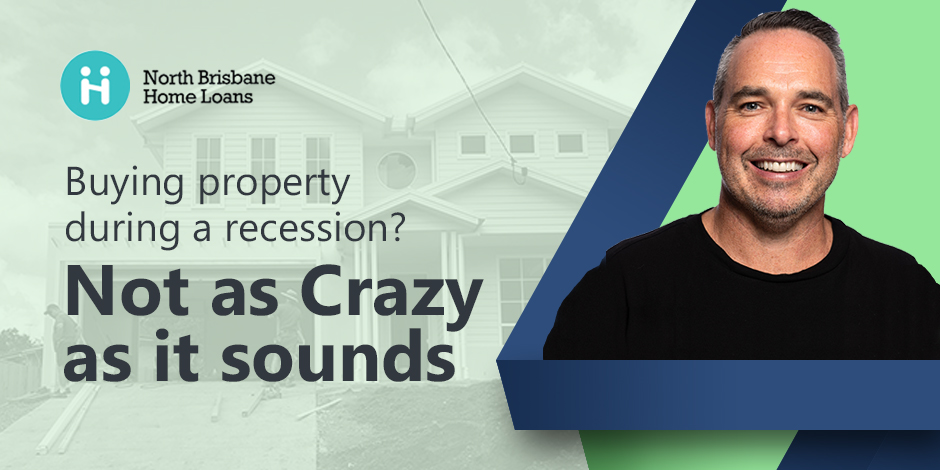Buying during a recession – is now the right time?
While it’s been declared that we’re officially in a recession, many may be left wondering what this actually means, particularly when it comes time to purchase a property.
In many areas, COVID-19 has knocked Australia’s residential property market. But is it as bad as it seems?
The latest housing figures showed that nationally, house prices fell just 2 per cent in the June quarter, with a 2 per cent drop in Sydney and 3.5 per cent in Melbourne, according to the Domain House Price Report. Despite these recent falls across the board house prices were still higher than they were in August 2019 for the same quarter.
The drops have so far been cushioned by federal government stimulus payments and mortgage holidays on offer from lenders.
And mortgage stress has also been kept at a lower level due to record low-interest rates and the allowance of payment holidays. Since the pandemic hit, nearly 500,000 mortgages were deferred.
How do recessions affect the market?
Historically, a recession tends to result in lower industrial output, high unemployment, low consumer spending, increases in loan defaults and bankruptcies, and stagnant household incomes.
They also commonly affect the real estate market because you might start to see increases in rates of foreclosure, flat or even declining property values, lower home-sale volume and houses for sale staying on the market for longer periods of time before they sell.
While this is generally bad news for real estate professionals and the industry overall, it can create opportunities for buyers who are able to convince mortgage lenders they can afford to keep up with their loan payments despite a slumping economy.
Is now the right time to buy?
Property experts say that the current climate puts home buyers in a solid position to leverage on the current market conditions.
Home buyers with long-term holding strategies are well positioned to negotiate aggressively to purchase high-quality houses that usually enjoy very strong demand.
Interestingly, there’s been an increasing shift in housing demand away from the inner cities of the major capitals as cautious Australians seek to avoid density.
This week Westpac bank’s economists predicted a “serious boom” in property prices in the coming years. It’s experts publicly announced that it expects prices to fall nationwide by just 2.3% more to June 2021 and then boom again by 2023.
The benefits of buying during a recession
Lower interest rates
We have interest rates so low they haven’t been seen in 20 years at the moment. Lower mortgage rates mean a lower total cost over the life of a home purchase.
Less buying competition
Economic downturns typically mean fewer people are looking to buy a first home or upgrade to a larger one. A market with fewer buyers can mean less urgency to pounce on a desirable property and can give you more time to shop around and compare properties.
Lower home prices
With few buyers comes less demand and therefore prices aren’t pushed as high. Sellers may also be willing to lower their sales price or accept lower offers if it allows them to avoid months of marketing, and open houses.
To find out if you’re in a solid position to start looking for your next property, reach out to the team at North Brisbane Home Loans.

Patrick Cranshaw, a Certified Mortgage Professional for over 21 years, founded North Brisbane Home Loans in 2002. His career began with ANZ Bank in New Zealand, where he progressed over 16 years to a Business Banking role in Virginia. After moving to Brisbane in 2000, Patrick led the QLD market for a home loan agency, helped set up the REMAX Real Estate Finance division, and practiced as a broker.







